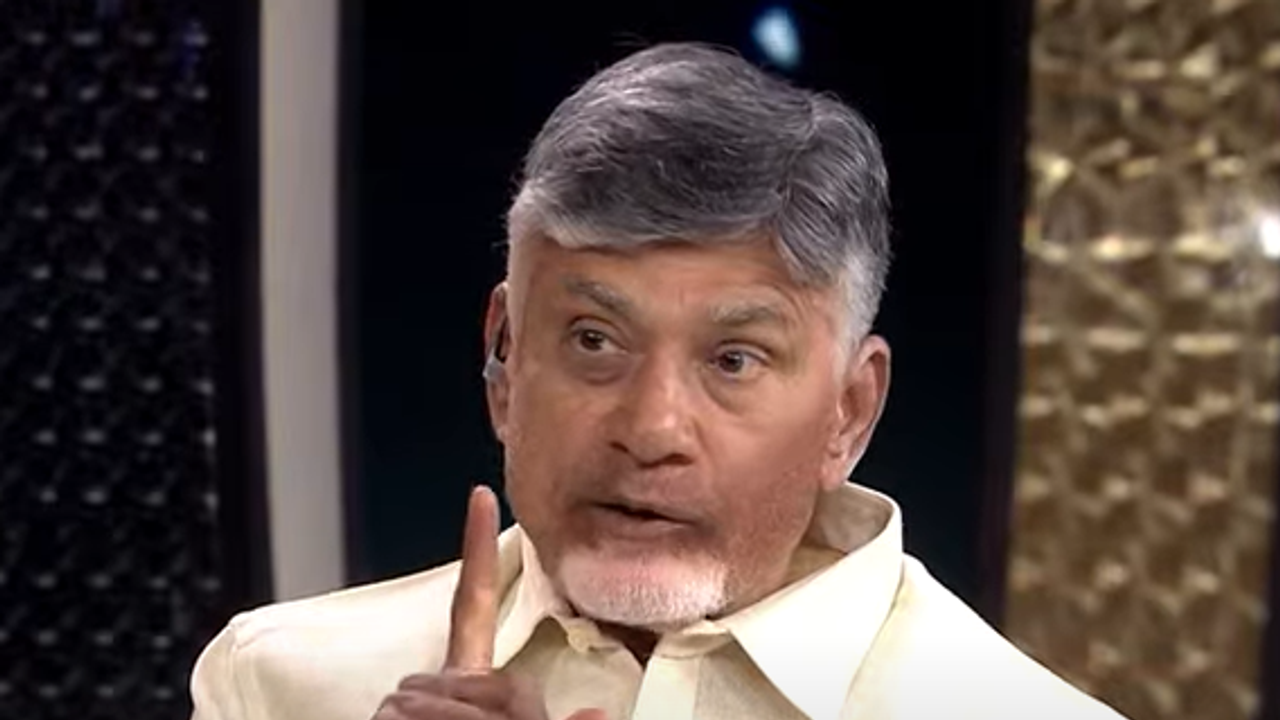Andhra Pradesh Chief Minister N Chandrababu Naidu proposes allowing only individuals with more than two children to contest local elections, aiming to address the state's ageing population and declining birth rates.
Tirupati: Andhra Pradesh Chief Minister N Chandrababu Naidu has proposed a radical shift in the state's election rules, suggesting that only individuals with more than two children be allowed to contest municipal and panchayat elections. This move comes just months after the state assembly repealed a three-decade-old law that prohibited individuals with more than two children from running in local body elections.

Naidu's proposal is driven by concerns about the state's ageing population and declining birth rates. He has been advocating for Telugus to have more children for over a decade, citing the need to address the demographic imbalance. Last year, he emphasized the importance of providing incentives to families with multiple children.
"Now I say that those with fewer children will not be allowed to contest elections. In the future, you will become a sarpanch, municipal councillor or mayor only if you have more than two children. I am going to include this (in the proposed rules)," he said.
The Chief Minister's proposal has sparked a nationwide debate, with his Tamil Nadu counterpart, MK Stalin, echoing his views and encouraging people to have more children. Naidu plans to incentivize families with multiple children by offering benefits such as subsidized rice. Currently, families are capped at 25 kg of subsidized rice per month, with each member receiving 5 kg.
Naidu drew parallels with countries like Japan, Korea, and several European nations, which have implemented policies to encourage families to have more children due to their low total fertility rates. These countries are struggling with ageing population concerns and have even invited Indians to relocate.
Naidu's proposal includes allowing only individuals with more than two children to contest municipal and panchayat elections, and providing incentives to families with multiple children. He aims to address the state's ageing population and declining birth rates, and believes that by implementing these policies, India can reap significant demographic dividends by 2047.
A comparison of fertility rates reveals significant regional variations within India. The Total Fertility Rate (TFR) of South Indian states stands at 1.73, which is lower than the national average of 2.1. In contrast, the TFR of five big heartland states, comprising Uttar Pradesh, Madhya Pradesh, Bihar, Rajasthan, and Jharkhand, is higher at 2.4.
